With Father’s Day right around the corner, celebrations are in order. However, with there being so many dads out there that deserve a round of applause for all of their hard work and effort, it’s difficult to praise each and everyone individually. With that being said, we want to take this opportunity to recognize Bitcoin — the father of all modern cryptocurrency — and its founding father, Satoshi Nakamoto. With Satoshi’s development of bitcoin, peer-to-peer payments were revolutionized and the cryptocurrency industry, as we know it today, was formed. Since 2009, bitcoin has become the “father” of all cryptocurrencies.
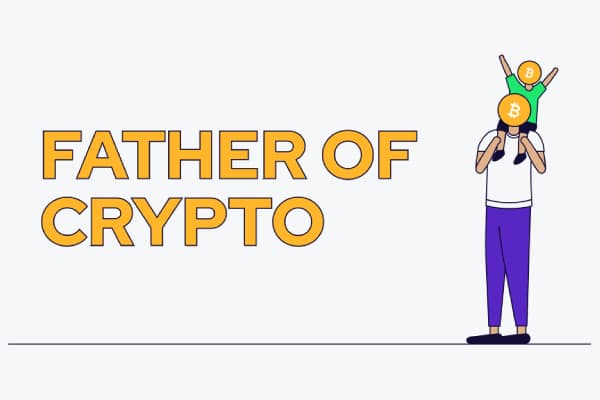
Who is Satoshi Nakamoto?
Satoshi Nakamoto is the name used by the presumed pseudonymous person or persons who developed bitcoin, authored the bitcoin white paper, and created and deployed bitcoin’s original reference implementation. Though many people have rumored to be the mysterious creator of bitcoin, the actual person or group of people who developed and mined the first block of the bitcoin blockchain has never been verified due to the lack of personal and background details.
What do we actually know about Satoshi Nakamoto?
There is very little that is known about the mysterious creator other than that which can be gleaned from his source code comments and bitcoin forum postings. The founder seems to have spoken and used British English, since that was what was used in their source code comments, forum postings, and emails. Amongst the more than 500 bitcoin forum posts that were written by Satoshi, very few were posted between 5 a.m and 11 a.m Greenwich mean time, suggesting that this might’ve been the time they were sleeping, possibly giving some clues as to where the bitcoin founder resided geographically.
How long was Satoshi Nakamoto involved with bitcoin?
Whoever Satoshi Nakamoto was, whether it be an individual or a group of people, they seemed to be involved with Bitcoin from 2007 until 2010, developing the first versions of the software in 2007. Between 2007 and 2010, all communication with Satoshi was done via email. In 2010, Satoshi sent an email to developers Mike Hearn and Gavin Andresen stating that he had “moved on to other things.” This was the last correspondence that the bitcoin community, and really anyone, had with the bitcoin founder.
How much bitcoin does Satoshi Nakamoto own?
Though there has never been confirmation, there are several crypto wallets that have been inactive in the last decade that are believed to belong to Satoshi. Many of these wallets have been dormant since around the time he “disappeared.” Some of these wallets, after years of inactivity, have been activated within the last year. The total amount of bitcoin owned by Satoshi is reported to be between 750,000 and 1.1 million. If these wallets are, in fact, owned by this entity, it would place the bitcoin founder amongst the world’s richest people.
When did the first bitcoin transaction occur?
On January 12, 2009, Hal Finney, a revered cryptographer received 10 bitcoins from Satoshi Nakamoto in bitcoin’s first transaction ever. Finney, who passed away only a few years after this transaction, received the bitcoin from Satoshi after he mined block-70. The first commercial transaction where bitcoin was used occured in 2010. On May 22 — which is currently celebrated as “Bitcoin Pizza Day” every year — Laszlo Hanyecz spent 10,000 bitcoins to buy two large pizzas valued at $40.
How many bitcoins were created?
Unlike with dollar bills that can be printed ad infinitum, there is a finite supply of bitcoins that can ever enter the market and exist — Only 21 million bitcoins were created. This supply cap, which has become a heavy contribution to bitcoin’s perceived value, is permanent and irreversible. Satoshi Nakamoto created bitcoin with a guaranteed maximum supply to make the cryptocurrency scarce and control inflation that might arise from an unlimited supply.
How many bitcoins are currently being used?
As of June 13, 2022, 19,066,425.00 bitcoins exist. The number of bitcoins in circulation will continue to change as more people mine bitcoin. Bitcoin is “mined” by miners who solve mathematical puzzles to verify and validate a block of transactions occurring in its network. Once a bitcoin is mined, it exists in circulation.
How much are rewards for miners?
As mentioned, miners get rewards for confirming new transactions on the bitcoin network. However, the reward system changes every few years. After every 210,000 blocks mined, or roughly every four years, the reward for bitcoin mining is cut in half. When bitcoin was first mined in 2009, mining one block would earn you 50 BTC. In 2012, this was halved to 25 BTC. By 2016, this was halved again to 12.5 BTC. On May 11, 2020, the reward halved again to 6.25 BTC.
How many bitcoins are lost?
Approximately three to four million of the 19 million bitcoins in circulation may be lost forever. That’s because bitcoins lie inside crypto wallets, which are protected with private keys. When someone loses or forgets this private key, they lose access to their crypto wallet. The crypto in these wallets become lost, as well.
What happens when all 21 million bitcoins are mined?
When all 21 million bitcoins are mined, the following could occur:
- Transactions might still happen. People will still be able to trade bitcoin with one another, and use it as a payment network and a medium of transaction. However, there just wouldn’t be any new bitcoin to buy or mine.
- Block rewards would no longer exist. With the maximum supply of bitcoin reached and no new tokens entering the market, a whole segment of the bitcoin ecosystem — all the individuals and groups involved in mining new bitcoin — would be altered. There would be no blocks to mine and thus no block rewards to give, causing miners to focus their efforts and attention elsewhere. As a result, miners would need to rely on transaction fees to earn money from the blockchain. This shift would only be profitable if bitcoin’s price remained high or transactions remained abundant.
- Transaction fees could skyrocket. With block rewards no longer available as a source of income, miners might turn to transaction fees to substitute for their lost income. This could potentially cause the cost of transaction fees to be raised dramatically.

Current bitcoin price



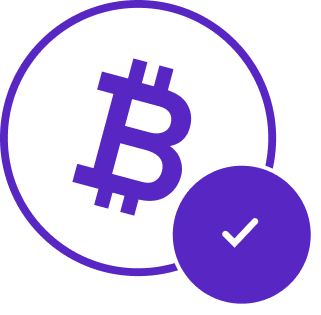
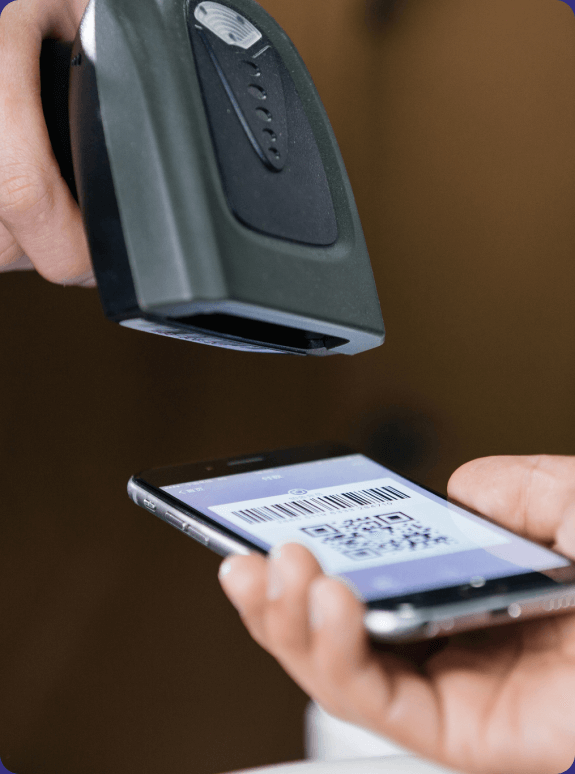
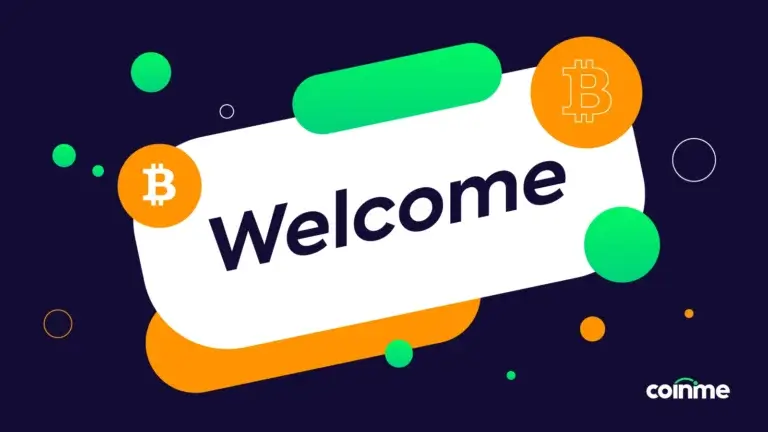
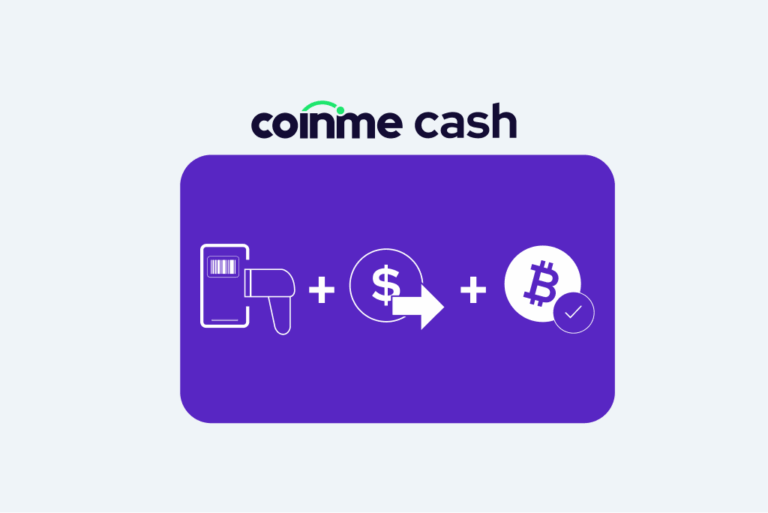

 Labs is acquiring Coinme to power the Open Money Stack.
Labs is acquiring Coinme to power the Open Money Stack.